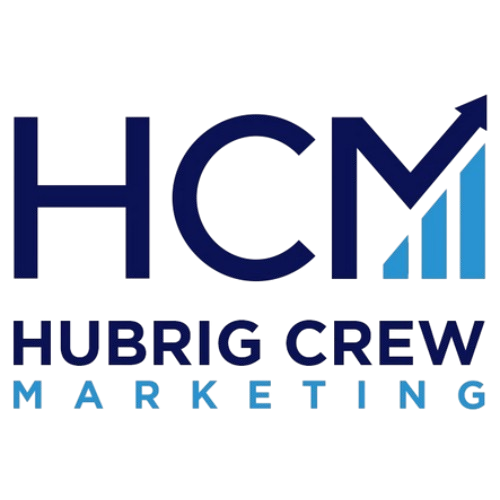Understanding Digital Marketing
Digital marketing refers to any marketing methods conducted through electronic devices that utilize some form of a computer, including online marketing efforts on the internet. It encompasses various channels such as websites, search engines, blogs, social media, video, and email to reach customers. Unlike traditional marketing, which is often static and one-way, digital marketing allows for dynamic, two-way communication between businesses and their customers.
In today’s fast-paced business world, digital marketing is crucial for reaching a global audience and engaging effectively with customers. According to statistics, over 4.9 billion people use the internet worldwide, presenting a vast opportunity for businesses to connect with potential customers online. As industry expert Neil Patel states, “Digital marketing is the future of marketing, as it allows for direct interaction with the target audience, real-time analytics, and the ability to adapt quickly.”
When compared to traditional marketing, digital marketing offers numerous advantages: it’s more cost-effective, allows for personalized targeting, and provides measurable ROI. While traditional marketing methods like TV and radio are effective for local engagement, they lack the immediate feedback and adaptability that digital marketing provides. By leveraging digital marketing, businesses can achieve faster conversions and a wider reach, making it an essential component of any modern marketing strategy.
Key Components of Digital Marketing
Search Engine Optimization (SEO) enhances a website’s visibility in search engines like Google. The focus is on organic results, which are preferred by 45.1% of desktop users over paid ads. Effective SEO strategies can significantly increase traffic and leads without ongoing costs. Learn more about SEO fundamentals.
Social Media Marketing (SMM) uses platforms like Facebook and Instagram to build brand awareness and drive traffic. By targeting specific audiences and engaging users, SMM is cost-effective and increases customer interaction. Explore more on social media marketing. For paid strategies, check out paid social options.
Email Marketing offers direct control over subscriber lists and avoids reliance on search engines. By following best practices, businesses can nurture leads and improve engagement. Discover the essentials of email marketing.
Content Marketing focuses on creating valuable content to attract and engage audiences. It involves understanding search intent and optimizing content to meet user expectations.
Pay-Per-Click Advertising (PPC) involves paying for ad placements on search engines. It offers quick visibility but requires budget management and strategic targeting for success. Learn more about PPC management.
| Component | Benefits | Key Points |
|---|---|---|
| SEO | Increases organic traffic | Focus on relevance and quality |
| SMM | Boosts brand awareness | Engage with targeted audiences |
| Email Marketing | Direct engagement | Data-driven strategies |
| Content Marketing | Builds authority | Quality and relevance |
| PPC | Immediate visibility | Strategic budget management |
Setting Goals and Creating a Strategy
In digital marketing, setting SMART goals is crucial for clarity and direction. This framework ensures your objectives are:
- Specific: Clearly define what you wish to achieve.
- Measurable: Use metrics to track progress.
- Attainable: Set realistic goals based on data.
- Realistic: Ensure goals are feasible and practical.
- Time-bound: Establish deadlines to maintain momentum.
Creating a comprehensive digital marketing strategy involves incorporating key elements such as advertising, content marketing, and social media engagement. For instance, a strategy could focus on boosting brand awareness through targeted social media campaigns, coupled with SEO efforts to enhance organic search visibility.
“Setting clear and achievable goals is the first step towards a successful marketing campaign.”
To measure success, define key performance indicators (KPIs) relevant to your goals, such as conversion rates or customer lifetime value. Utilize tools like Google Analytics for tracking, and establish a measurement schedule to adjust strategies as needed. By doing so, you’ll ensure your digital marketing efforts are both effective and aligned with your business objectives.
Understanding Your Target Audience
The success of any digital marketing effort hinges on understanding your target audience. Audience research is vital as it provides insights into your customers’ demographics, behaviors, and needs, allowing you to craft messages that truly resonate. This understanding leads to improved messaging, enhanced SEO, and more effective client acquisition.
Using data and analytics is crucial for tailoring marketing efforts to audience preferences. Tools like Google Analytics and CRM systems such as Salesforce or HubSpot help gather quantitative data, while platforms like Typeform and SurveyMonkey provide qualitative insights. A study revealed that personalized content can increase engagement rates by up to 50%, highlighting the power of targeted marketing.
“When you understand your audience, you transform data into meaningful connections.”
By leveraging audience insights, marketers can segment their audience into distinct groups for more relatable campaigns. This not only improves conversion rates but also fosters brand loyalty. As you continue your digital marketing journey, remember that understanding your audience is the cornerstone of creating impactful and successful strategies.
Creating Compelling Content
In the realm of digital marketing, engaging content is the cornerstone of audience interaction and brand loyalty. A study by HubSpot reveals that 72% of marketers believe content creation is the most effective SEO tactic. This underscores the significance of producing content that captivates and converts.
“Content is the bridge that connects your brand to your audience.”
Successful content varies across platforms. On social media, short videos and captivating visuals tend to perform exceptionally well, while blogs and articles are effective for in-depth information on websites. Email marketing can leverage personalized newsletters, and infographics can simplify complex ideas.
To create effective content, start by understanding your audience’s preferences. Utilize analytics tools like Semrush and Google Analytics to gather insights. Personalize your content by addressing the specific interests of your audience segments. Additionally, storytelling can enrich your content, creating emotional connections that resonate deeply with your audience.
Remember, content should not only inform but also inspire and entertain. By focusing on quality and relevance, you can enhance engagement and build a loyal following for your brand.
Staying Updated with Trends
In the fast-paced world of digital marketing, continuous learning is essential to stay ahead and adapt to changes. With technologies like AI evolving rapidly, marketers must embrace lifelong learning to tackle new challenges and seize opportunities. As noted in Forbes, “Adaptability is key” in navigating the dynamic digital landscape.
To enhance your digital marketing efforts, leveraging the right tools is crucial. Tools such as Canva for design, Buffer for social media management, and Mailchimp for email marketing provide a solid foundation for beginners. These resources not only simplify tasks but also improve efficiency and effectiveness.
Keeping an eye on the latest trends is vital. In 2023, influences such as the growth of influencer marketing and chatbot utilization are reshaping strategies. Did you know 61% of consumers trust influencer recommendations over brands’ promotions? Such insights highlight the importance of staying informed.
For further learning, consider resources like Hubrig Crew Marketing’s blog for the latest updates and tools in digital marketing. Remember, staying updated isn’t just a strategy; it’s a necessity for success.
Patience and Consistency in Marketing
In the fast-paced world of digital marketing, it can be tempting to expect immediate results. However, it’s crucial to understand that results take time. Success in digital marketing often requires a strategic, long-term approach. As the saying goes, “Rome wasn’t built in a day,” and neither is a successful digital marketing campaign.
Consistent effort is the backbone of any effective marketing strategy. Regularly engaging with your audience through various channels, such as social media and email, helps build trust and loyalty. Did you know that businesses that commit to consistent marketing efforts see a 13% higher revenue on average? This statistic underscores the importance of perseverance.
For beginners, it’s essential to stay patient and continue learning. The digital landscape is constantly evolving, and adapting to new trends and tools can vastly improve your marketing efforts. Remember, the journey to success is a marathon, not a sprint. By maintaining a steadfast approach and embracing lifelong learning, beginners can navigate challenges and achieve their digital marketing goals. Keep pushing forward, and the results will follow.
FAQs about Digital Marketing
What is digital marketing, and why is it important?
Digital marketing encompasses strategies like SEO, content marketing, and social media to promote products online. It’s crucial because it allows businesses to reach a vast audience effectively and cost-efficiently.
How does social media marketing benefit businesses?
Social media marketing enhances communication with consumers, builds relationships, and can guide them through the sales funnel. It is effective in increasing brand visibility and engagement.
What makes email marketing effective?
Email marketing is highly effective because it reaches customers directly in their inboxes, often yielding higher engagement rates than social media. Additionally, it allows for personalized communication.
What are some tips for beginners to learn digital marketing?
Beginners should consider enrolling in online courses and following industry experts on blogs like HubSpot and Hootsuite. Participating in webinars and starting personal projects can also provide hands-on experience.
These insights will help beginners understand and navigate the foundational aspects of digital marketing. For more detailed explanations and examples, exploring dedicated resources and learning platforms is highly recommended.



